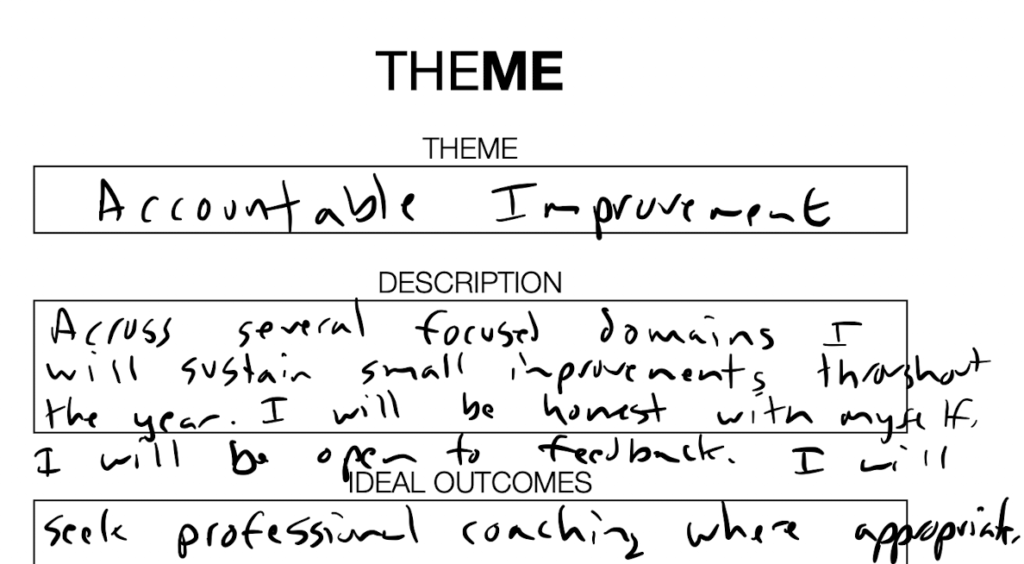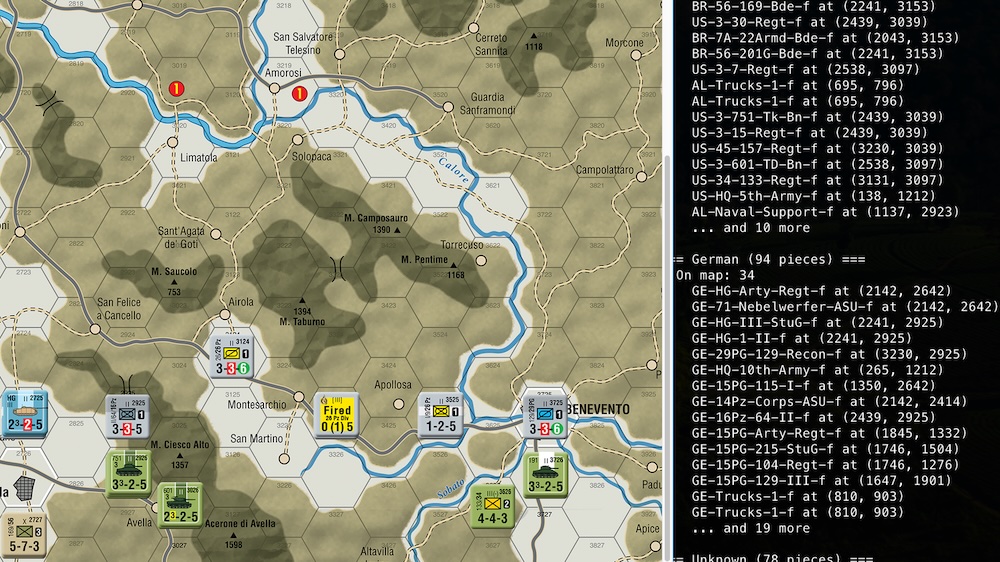Gaming in Dallas with The Card Benders
My streak of hooking up with extremely cool groups of gamers across the USA continued this week. I'm in Dallas, TX for Microsoft TechEd, and managed to hook up with The Card Benders, a group of about 6-10 gamers that meets twice a week. Member John Haley was kind enough to respond to my query for groups on spielfrieks, so I joined them at a local Borders.
Turns out my timing was perfect - they had 7 show up, but 5 of them desperately wanted to play Mare Nostrum, but were reluctant to leave the other two to fend for themselves. I made three, so everyone was happy. I spent the evening gaming with Tim Isakson and Charles Schwope. On to the games:
Trias
We kicked things off with this game about dinosaur migration and plate tectonics. This one reminded me of Clans, but I enjoyed this more. I think the theme works, and I enjoy games with evolving playing surfaces. I felt that I could wrap my brain around the shifting out of tiles, and I think I played fairly well. I had a shot at winning, but Charles pulled ahead at the end with some strong moves. Might have to pick this one up.
Paris Paris
I've been wanting to play this one since reading the Gathering reports, so after spotting this in the bag-o-games, I requested we try this one next. In Paris Paris you are trying to open businesses in strategic locations in Paris to take advantage of the tourist bus lines. Some call this game light, but there's clearly a strategic element to this game and I want to play some more. Most likely I'll give it a try on BSW a few times before purchasing. I got crushed in this game - don't recall the score, but I was in third and down by at least 8 points.
Schnappchen Jagd
(Good Deal Hunt)
This is a very unique trick-taking game. Rather than just trying to take the most tricks, or trying to avoid certain poison cards, players are trying to accumulate specific face values (the target changes throughout the game) or melds of other face values. For example, I might start the game trying to accumulate 3's, but will of course accumulate (by taking tricks) other numbers as well. The goal is to consolidate the collection of other cards to as few distinct face values as possible. Scoring at the end is calculated by subtracting the number of "other" cards from the number of targets accumulated. After each hand, players can exchange cards in their bad pile by sending a single face value back to the deck. Players get to transfer any cards in excess of three to their good pile. The result is that early in the game players are trying to take tricks and accumulate groups, while later in the game players are avoiding tricks, dumping cards from their hand, and trying to take only tricks that help them get target cards or consolidate their holdings. I was happy to score zero; I believe Tim won.
Zirkus Flohcati
(Flea Circus)
This is a fun, light card game where players are trying to accumulate sets of cards, and players get the choice of choosing one of a set of face-up cards or flipping until a better one shows up. If a card is turned up that is the same suit as an existing card, then that card is discarded and the player loses a turn. Scoring is straightforward, but just read the BGG entry to see more. I just learned that the Star Wars: Attack of the Clones card game is the same game - my kids will like this one. Tim won this game easily.
The group playing Mare Nostrum finished at about this time, so we sat around chatting about gaming, geekness, and Oregon. We somehow got on the subject of train games, and Randy Shipp shared a hilarious story about a letter he wrote to the designer of Tracks to Telluride (John Bohrer) about what he (and the group) thought were some design flaws. Apparently John didn't think too highly of Randy's comments and questioned the sophistication of his American gaming audience. You'll have to ask him yourself for the whole story and the punchline.








